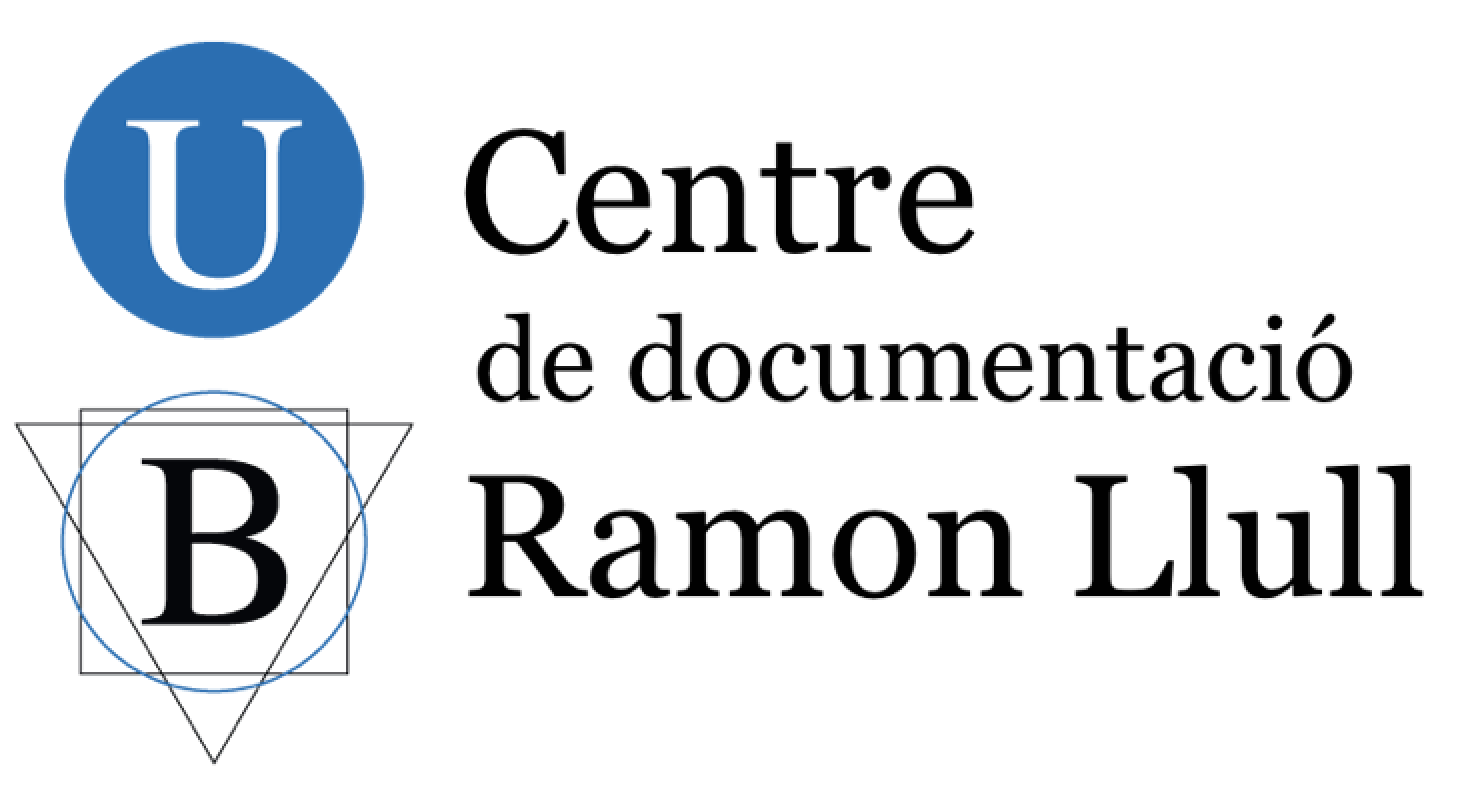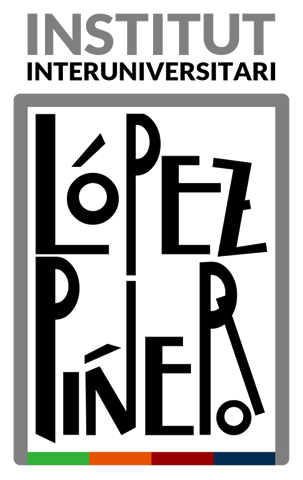MedCat
Access to the MedCat database.
Archives consulted | For your information | About the records | How to cite | Legal notice
bib29784 (28 / February / 2026)
|
Darrera modificació: 2020-11-23 Guerson, Alexandra, Coping with Crises: Christian-Jewish Relations in Catalonia and Aragon, 1380‐1391, Tesi doctoral de la University of Toronto, 2012.
|

What are the images?
The small images on the decorative ribbon correspond, from left to right, to the following documents: 1. James II orders the settlement of neighborhood disputes over an estate of the royal doctor Arnau de Vilanova in the city of Valencia. 1298 (ACA); 2. Contract between Guglielmo Neri de Santo Martino, a surgeon from Pisa, and the physician-surgeon from Majorca Pere Saflor, bachelor of medicine, to practise medicine and surgery under the latter’s direction, 1356 (ACM); 3. Valuation of the workshop of Guillem Metge, an apothecary from Barcelona, made by the apothecaries Miquel Tosell, Berenguer Duran and Vicenç Bonanat, for its sale to Llorenç Bassa, a fellow apothecary, 1364 (AHPB); 4. Peter III the Ceremonious regularizes the legal situation of Esteró, a Jewish female doctor from Vilafranca del Penedès, granting her an extraordinary license to practice medicine. 1384 (ACA); 5. Power of attorney of Margarida de Tornerons, a doctor in Prats de Molló and Vic, in order to recover the goods withheld from her by a third party in Vic, 1401 (ABEV); 6. Doctorate and teaching license of Narcís Solà, bachelor of medicine, issued by Bernat de Casaldòvol, doctor of medicine and chancellor of the Faculty of Medicine in Barcelona, 1526 (AHCB); and 7. Partnership between Joan Llunes and Joan Francesc Llunes, father and son, and Lluís Gual, the former’s son-in-law, surgeons of Caldes de Montbui, in order to practise the profession, 1579 (AHCB).


